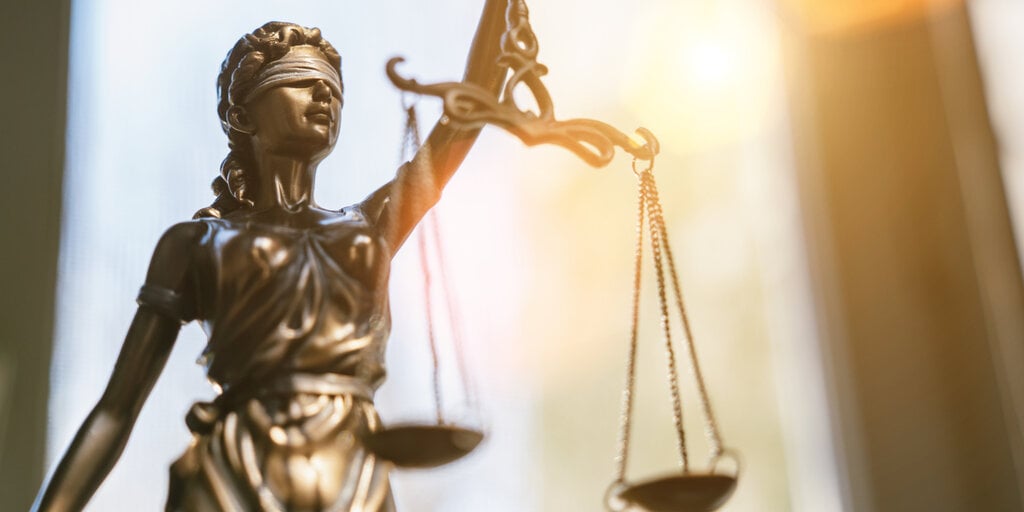Coinbase is urging the U.S. Supreme Court to take up a case that could fundamentally reshape digital privacy laws in America.
Though not a direct party to the case, Coinbase joined several states, Elon Musk's X (formerly known as Twitter) and a handful of privacy advocacy groups in filing an amicus brief in Harper v. O'Donnell on Wednesday morning, calling on the Court to reconsider how the so-called third-party doctrine is applied in the digital age. The doctrine, dating back to the 1970s, holds that individuals lose their expectation of privacy when they voluntarily share information with third parties like banks, phone companies, or, in this case, crypto exchanges.
According to the brief, the IRS issued Coinbase in 2016 with a John Doe summons—an investigative tool used to compel third-party companies to provide information about unnamed taxpayers suspected of violating tax laws.
Unlike traditional summonses targeting specific individuals, a John Doe summons seeks data on a broad group of individuals—in this case, the IRS demanded information on more than 14,000 Coinbase users, claiming it needed the data to identify taxpayers who may not have reported their crypto gains. The IRS in 2021 similarly hit rival crypto exchange Kraken and USDC stablecoin issuer Circle with John Doe summonses, seeking data from their users.
At a high level, Coinbase is asking the Court to reconsider how the Fourth Amendment applies to digital financial data, arguing that users don’t surrender their right to privacy simply by storing information with a third party. And while the case extends beyond crypto, it strikes at the core of what digital assets and the underlying blockchain technology represent.
“Exposure of a person’s identity on the blockchain opens a potentially wide window into that person’s financial activity… easily ascertain[ing] all transactions the person has made using that address—or track future transactions,” the brief states.
Coinbase goes on to warn that the IRS’s ability to use a John Doe summons in this way gives the agency “a real-time monitor” of every crypto transaction executed by the affected users.
The filing draws heavily on Carpenter v. United States (2018), where the Court ruled that the government’s access to historical cell-site location data without a warrant was a Fourth Amendment search. Coinbase argues that the IRS’s ability to reconstruct years of blockchain transactions and project into the future is even more intrusive, likening it to a “financial ankle monitor.”
Coinbase executives like CEO Brian Armstrong and Chief Legal Officer Paul Grewal have been vocal advocates for clearer, more modern digital privacy protections. In that vein, the brief urges the Court to “clarify” (if not outright discard) the third-party doctrine’s application to digital transactions, highlighting the unique nature of blockchain technology, which pseudonymizes but does not fully anonymize user activity.
“Nobody could have imagined a society in which the IRS could achieve near perfect surveillance of thousands of blockchain users’ crypto transactions by strapping a financial ankle monitor—pegged to users’ wallet addresses—onto anyone the government thinks might be evading tax obligations,” the filing states.
A decision on whether the Court will hear the case is expected later this year. If accepted, oral arguments would likely take place next term.
A ruling in favor of privacy advocates could lead to a major constitutional reset in how digital data is treated under the Fourth Amendment. It could also force agencies and private companies to overhaul their data retention and disclosure practices—potentially disrupting law enforcement and regulatory strategies in financial surveillance.
















No comments yet